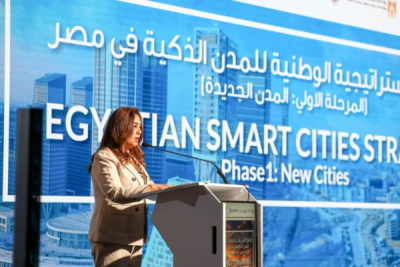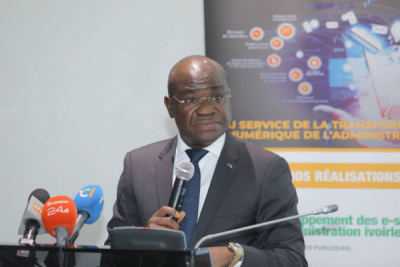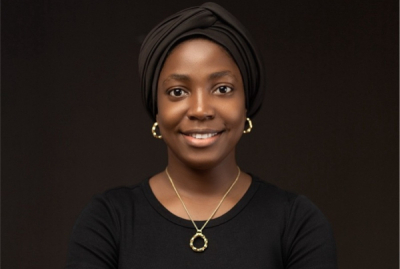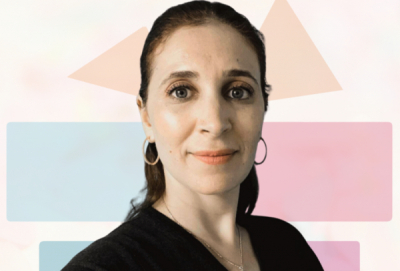-
Egypt unveiled a national strategy to modernize existing cities and build new smart cities.
-
The plan addresses rapid urbanization, climate pressures, and aims to foster economic growth and social inclusion.
-
The government seeks to position Egypt as a regional hub for smart cities in North Africa and the Middle East.
Egypt launched a National Smart Cities Strategy on Sept. 30 to integrate advanced technologies, sustainability, and citizen-centered governance into urban planning. The Ministry of Housing and Urban Communities said the strategy will apply to both existing and new cities across the country.
Local Development Minister and acting Environment Minister Manal Awad said the initiative represents “a transformative shift in Egypt’s urban agenda. It responds to rapid urbanization, climate pressures, and spatial justice while opening new opportunities for economic growth and social inclusion. Citizens remain at the center of this approach.”
The plan aims to modernize current cities by upgrading infrastructure, improving services, and restructuring informal areas. In parallel, the government will create new smart cities to manage population growth and promote innovation.
Authorities said the new cities will combine connected infrastructure, intelligent transport, optimized energy and water management, and digital public services.
The initiative comes as African cities face rapid urbanization and growing digital challenges. UN-Habitat projects Africa’s urban population will double by 2050, underscoring the urgency of adopting smart technologies to manage mobility, energy, and public services.
Egypt, the third most populous country in Africa with over 110 million people, is confronting similar pressures. The government seeks to establish itself as a North African and Middle Eastern hub for smart cities.
If fully implemented, the strategy could ease congestion, improve access to services, create jobs in digital and smart urban development sectors, and strengthen resilience to climate challenges. Officials said the plan is designed to make cities more efficient, safe, and inclusive for residents.
This article was initially published in French by Samira Njoya
Adapted in English by Ange Jason Quenum



















